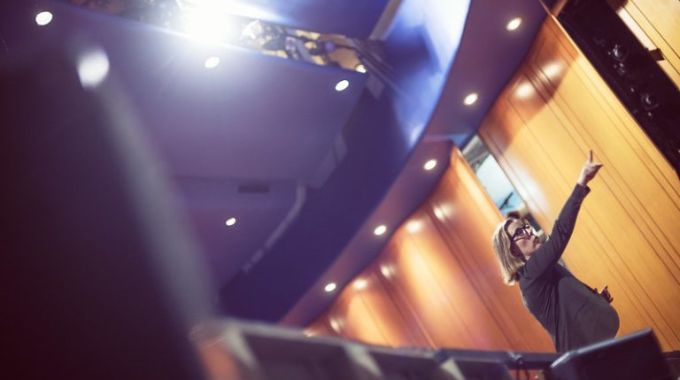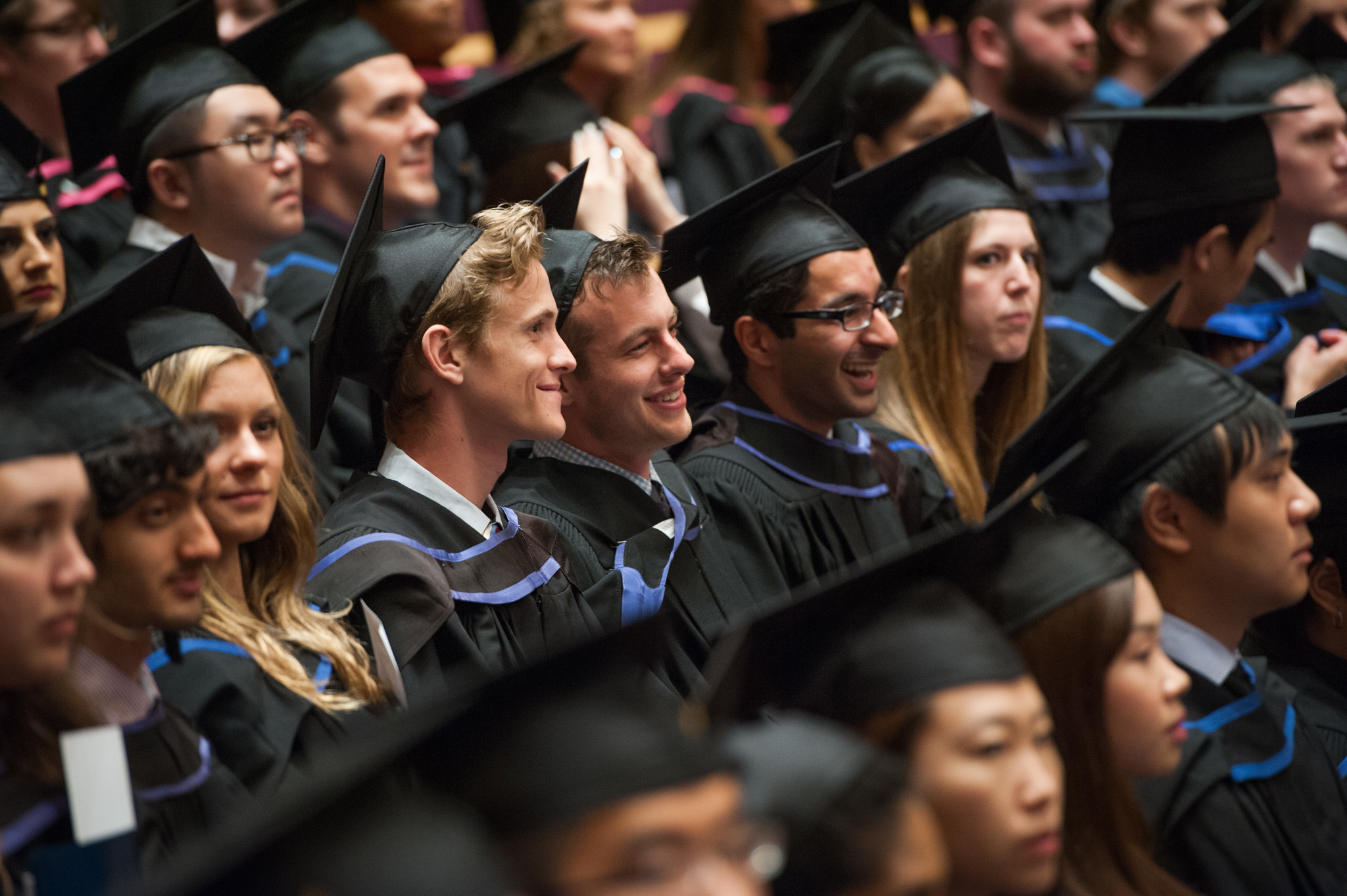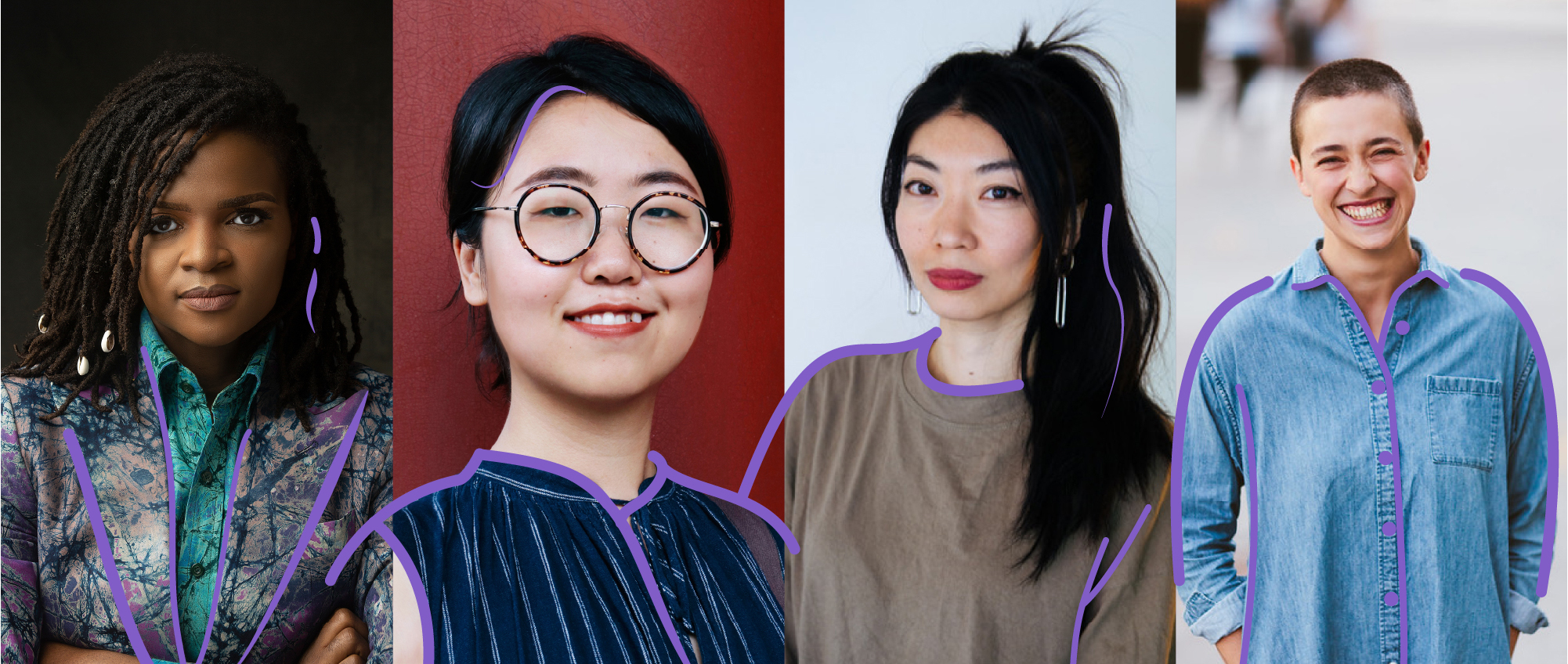

by Shivangi Sikri
Every day of the year, UBC Theatre and Film is made better by the contributions of the strong and resilient women in our midst. This March 8, on International Women’s Day, we would like to honour and celebrate the achievements of our brilliant women scholars.
We reached out to four women professors and graduate students to learn more about their research, what change they hope to inspire in their industry, and why they chose the field of theatre or film.
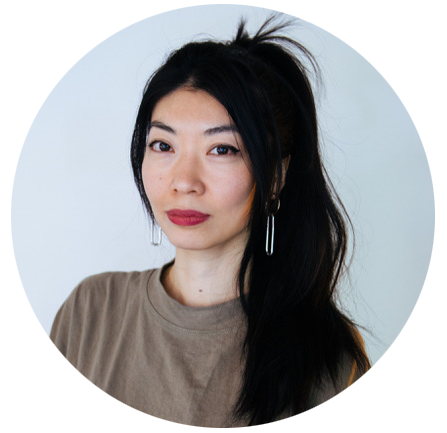

Dr. Mila Zuo (she/her)
Dr. Mila Zuo is an assistant professor in Film Studies. Her research interests include contemporary transnational cinemas, star studies, and critical theories of gender, sexuality, race and ethnicity. Her book, Vulgar Beauty: Acting Chinese in the Global Sensorium (Duke University Press, forthcoming), focuses on the affective world-making of global Chinese women film stars.
“Don’t worry about pleasing others. That will only dilute your voice and the originality you have to offer.”
What does it mean to you to be a woman in your field?
To me, it means working to pave the way for other women and other underrepresented people to be able to more easily share their research and creative work. I also hope to encourage others to pursue the path of scholar-practitioner because we need more critical, thoughtful art in the world.
As a woman in this industry, what are some of the struggles you’ve faced?
As a woman, and particularly as a woman of colour, I find that there are challenges in terms of incorporating feminist and critical race theory into my creative work in a way that is legible across multiple registers—scholarly, industrially, and institutionally. I want my work to be seen broadly without compromising my ideas.
What advice would you give to women looking to break into the industry today?
Stick to your convictions. Don’t worry about pleasing others. That will only dilute your voice and the originality you have to offer.
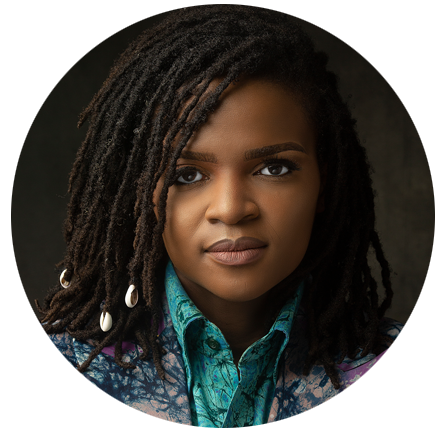

Faith Ilevbare (she/her)
Faith Ilevbare is a graduate student in Film Production. Her first degree is in human anatomy, but her passion for storytelling couldn’t be held back. She is a visual artist, using film as her medium of expression, and is passionate about creating films for social justice, especially telling stories of social issues affecting women globally.
“You cannot branch into any field of expertise without knowing its history, because history is the fabric that shapes the present.”
What does it mean to be a woman in your field?
Being a woman in my field means strength, determination, and resilience. It is a known fact that the film industry is mostly dominated by men. However, I believe being a woman in this field is about changing the narrative and setting the pace for other women to follow.
What was one of the best courses you ever took?
As an undergraduate student, the most interesting course I took was Film Studies. It was fascinating to learn about the different eras (silent era, technicolor, etc). Interestingly, the same principles are still being used in the industry today. The truth is, you cannot branch into any field of expertise without knowing its history, because history is the fabric that shapes the present.
What advice would you give to women looking to break into the industry today?
Be true to yourself and tell your own stories. Do not be carried away by the magnitude of the field. Find your voice and style. It might take some time but let history guide you.


Dr. Olivia Michiko Gagnon (she/her)
Dr. Olivia Michiko Gagnon is an assistant professor in Theatre Studies. Her research and teaching interests include: performance studies, critical race and ethnic studies, feminist and queer theory, and critical Indigenous studies. She is currently working on her first monograph, which brings together a transnational cohort of multidisciplinary artists to theorize closeness as a minoritarian method of doing history otherwise, beyond the archive and through art and performance.
“When I write, I’m always trying to ask: Who does this serve? What vision of the world does this propose?”
Tell us about a woman or a group of women you look up to.
Feminist community – which includes but is not limited to those who gather under the sign of woman – has been the most critical form of sustenance for me throughout my time in and around academia. First and foremost, my mother – Dr. Monika Kin Gagnon – has been the most brilliant feminist guide. When I think about all the feminists in my life, it’s as if there could never be enough thank yous.
What was one of the best courses you ever took?
When I was a young graduate student, I took a class called Feminist Practice: Thinking, Writing, and Doing with Dr. Saidiya Hartman. For our final projects, we were invited to experiment with form and think beyond the confines that have traditionally structured “academic writing.” This attention to form as political intervention changed my sense of what and how I could write in academic spaces.
How do you hope to change the world with your research?
Dr. José Esteban Muñoz theorized dreaming as a critical methodology that can help us think and feel beyond the often violent constraints of the present. When I write, I’m always trying to ask: Who does this serve? What vision of the world does this propose? Is this the just, beautiful, and ethically modulated dream for the future that I want to be placing into the middle of our collective table?
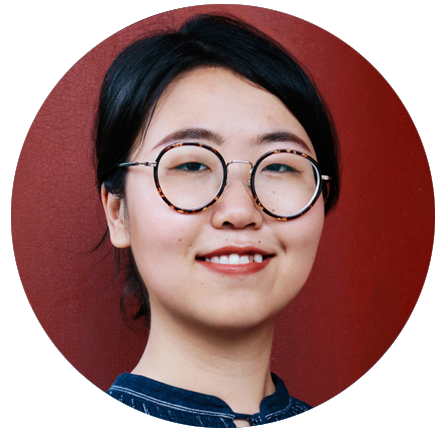

Mia Zhu (she/her)
Mia Zhu is a graduate student in Theatre Studies. Her research interests include cross-cultural theatre, feminist theatre, and the theatrical representation of the autistic mind. She also applies her interdisciplinary knowledge of theatre and Chinese-English translation to examine Chinese translation of popular English musicals.
“I am driven to my research focus by a mix of anger, empathy, and an optimistic hope for minoritarian empowerment.”
What drew you to your current research focus?
I started my journey from where I stand: as a queer Asian woman dealing with the shackles of an oppressive society. I arrived at research work such as the rediscovery of feminist writing in intercultural theatre and the theatrical representation of autism and mental health issues. I am driven to my research focus by a mix of anger, empathy, and an optimistic hope for minoritarian empowerment.
As a woman in this industry, what are some of the struggles you’ve faced?
One of the challenges I faced was the gender discrimination against women that prevailed in the theatre industry in my country, China. Of course, this discouraged me, but it also motivated me to dig deeper to uncover the problems in the existing structure and strive to shuffle the deck a bit (or at least give it a little shake).
How do you hope to change the world with your research?
I believe in theatre’s capacity for embodying lived experience and communicating it across time and space. I would like my research to humanise the people labeled as “minorities” and encourage the public to reimagine their voice in the world-making magic of theatre
UBC Theatre and Film is honoured to have women scholars with such impressive achievements and aspirations in our community. We are committed to listening and working with them to foster sustainable change and inspire a new cohort of resilient, compassionate critical thinkers in this industry.

